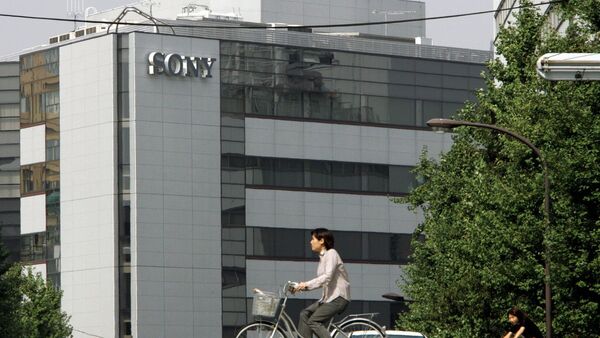Sony "does not consent to your possession, review, copying, dissemination, publication, uploading, downloading, or making any use of the Stolen Information," and requests "your cooperation in destroying the Stolen Information," reads the letter, which broke weeks of silence from the corporation regarding the leak, which has been named one of the worst in corporate history.
"If you do not comply with this request, and the Stolen Information is used or disseminated by you in any manner, SPE [Sony Pictures Entertainment] will have no choice but to hold you responsible for any damage or loss arising from such use or dissemination by you," the company continues.
The leaked data includes sensitive information for Sony, including employees' personal data, which among other things revealed a pay gap along gender and race lines, details of planned projects and behind-the-scenes personal hostility. In one email exchange, film producer Scott Rudin called Angelina Jolie "a minimally talented spoiled brat" who needs to be "shut down" in a row over the planned Steve Jobs biopic.
Tech news website Recode.net reported on November 28 that Sony was investigating the possibility of North Korean hackers being behind the leak, as an act of retaliation for the upcoming release of "The Interview," a comedy film centered around a CIA plot to assassinate North Korean leader Kim Jong-Un. North Korea has denied involvement, but called the hack a "righteous deed" carried out by "champions of peace."
The efficacy of Sony's legal threat is, however, doubtful, according to US legal experts. University of California law professor Eugene Volokh wrote in the Washington Post on Monday that Sony most likely does "not have a legal leg to stand on," judging by US legal precedents which dictate that even if material was obtained illegally, disseminating the information afterwards is not against the law.




